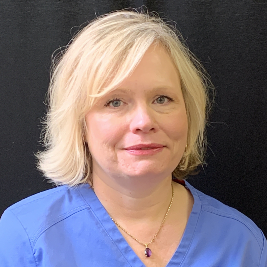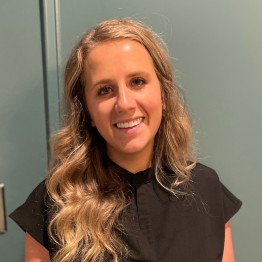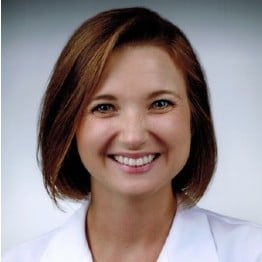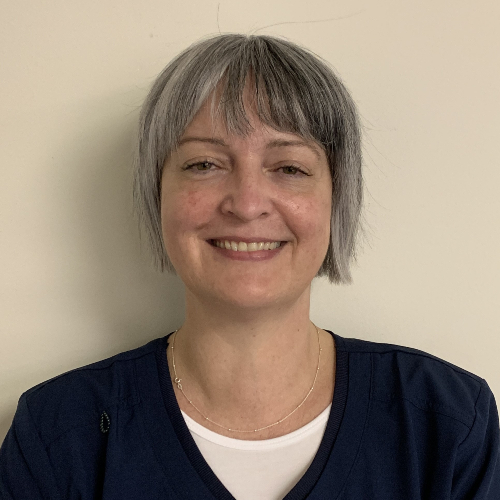Heart disease is one of the leading causes of death worldwide. The reality for American’s is that heart disease is the number one killer according to the American Heart Association, but the good news is that many cases are preventable. Here in Alabama, cardiovascular diseases are a major health risk and are the number one cause of deaths here in our great state according to statistics from Alabama Public Health.
Here at Innova Primary Care, we want to see you well, mind, body, and soul. Because we know how important heart health is, we want you to be heart smart! By adopting healthy habits and paying attention to risk factors, you can protect your heart at any age. Whether you’re in your 20s, 40s, or even older, there are steps you can take to maintain good heart health. In this post, we’ll break down what heart disease is, share some eye-opening statistics, and provide simple tips to help you keep your heart healthy throughout your life.
Understanding Heart Disease
Heart disease refers to a variety of conditions that affect the heart, including coronary artery disease, arrhythmias, and heart failure. While heart disease tends to be age related, it can strike anyone at any age often with no symptoms. The most common type is coronary artery disease (CAD), which can lead to heart attacks. Heart disease often develops due to the buildup of plaque in the arteries, which limits blood flow to the heart and other parts of the body.
Key Statistics on Heart Disease:
- According to the World Health Organization (WHO), cardiovascular diseases are the number one cause of death globally, accounting for approximately 17.9 million deaths each year.
- In the United States, the Centers for Disease Control and Prevention (CDC) reports that about 702,880 people died from heart disease in 2022, which is about 1 in every 5 deaths.
- Additionally, the healthcare costs associated with heart disease is over 252 billion dollars per year here in the United States.
- Heart disease is a concern for both men and women. In fact, it’s the leading cause of death for women in the U.S., killing more women than all forms of cancer combined.
Heart Health Tips for All Ages
Taking care of your heart is a lifelong commitment. Here are some practical tips for each stage of life to ensure your heart stays healthy. No matter your age, you can start now caring for your heart in ways you may have never thought of.

In Your 20s and 30s: Building a Foundation
During your 20s and 30s, your risk of heart disease may seem far off, but this is the perfect time to establish healthy habits that will protect your heart in the long term.
- Be Active: Aim for at least 150 minutes of moderate-intensity aerobic activity per week. Whether it’s running, swimming, or even dancing, keeping your heart pumping is essential for building cardiovascular strength.
- Quit Smoking (or Don’t Start): Smoking is one of the major risk factors for heart disease. If you smoke, quitting can dramatically reduce your risk. The American Heart Association (AHA) reports that quitting smoking can cut your heart disease risk in half within just a year.
- Monitor Your Weight: Obesity increases your risk of high blood pressure, high cholesterol, and heart disease. Keeping a healthy weight through a balanced diet and exercise will keep your heart in check.
- Eat Heart-Healthy Foods: Start incorporating more fruits, vegetables, whole grains, and lean proteins into your diet. Limit processed foods, sugary drinks, and foods high in trans fats, which can clog arteries.
- Manage Stress: Life in your 20s and 30s can be stressful with new jobs, relationships, and responsibilities. Chronic stress can contribute to heart disease because it increases inflammation within the body which can lead to a buildup of plaque within the arteries, so find ways to relax—whether it’s through meditation, yoga, or spending time with loved ones. The key is to find ways that help you manage your individual stress levels. We are all different and what works for someone else might not work for you. Keep looking for ways that help YOU manage stress.

In Your 40s and 50s: Prioritizing Prevention
As you enter your 40s and 50s, your risk of heart disease naturally increases due to age-related changes in your body, such as higher blood pressure and cholesterol levels. However, with proactive management, you can keep your heart healthy.
- Regular Health Screenings: Make sure to get annual physical exams. Monitoring your blood pressure, cholesterol, and blood sugar levels can help catch early signs of heart disease.
- Stay Active and Strengthen Your Muscles: In addition to aerobic exercise, incorporate strength training to maintain muscle mass and boost metabolism. Building muscle is particularly important as muscle mass naturally declines with age.
- Watch Your Salt Intake: Too much sodium can lead to high blood pressure, a major risk factor for heart disease. The AHA recommends consuming no more than 2,300 milligrams of sodium per day which is equivalent to just 1 teaspoon of table salt. Sodium is in so many prepackaged foods so become label aware and really pay attention to your food sources. If possible, aiming for less than 1,500 milligrams a day is even better.
- Focus on Healthy Fats: Incorporate more healthy fats into your diet, such as those found in avocados, nuts, and fish. Omega-3 fatty acids, in particular, have been shown to reduce the risk of heart disease.
- Limit Alcohol Consumption: Excessive drinking can lead to high blood pressure and heart failure. For heart health, the CDC recommends that men limit alcohol to two drinks a day and women to one drink a day.
In Your 60s and Beyond: Staying Heart-Savvy
As you age, your risk of heart disease increases, but that doesn’t mean you can’t take action to protect your heart. Heart-healthy habits are important in your 60s, 70s, and beyond.
- Stay Active, But Be Gentle: Continue to exercise regularly, but focus on low-impact activities like walking, swimming, or cycling. Even light activity can have significant heart benefits in older age. Aim for about 30 minutes of exercise a day.
- Know the Signs of Heart Trouble: Be aware of the symptoms of heart disease, such as chest pain, shortness of breath, or irregular heartbeats. If you experience any of these signs, seek medical help immediately.
- Take Medications as Prescribed: If your doctor has prescribed medication for high blood pressure, cholesterol, or other conditions, take them consistently. These medications can help reduce your risk of heart disease and prevent further complications.
- Stay Connected: Social isolation can negatively impact heart health. Stay connected with friends, family, and your community. Engaging in social activities can help reduce stress and improve overall well-being.
- Consider Heart-Healthy Supplements: Talk to your doctor about whether supplements like Coenzyme Q10 or omega-3s might benefit your heart. Supplements such as these might help with heart health, but as we mentioned, be sure to consult with your healthcare provider before taking anything. While these aren’t substitutes for a healthy diet, they can support heart function as you age.
Final Thoughts: Prevention Is Key
Heart disease may be common, but it’s largely preventable. By adopting healthy habits—no matter your age—you can significantly reduce your risk and enjoy a long, heart-healthy life. Remember that it’s never too early or too late to start taking care of your heart. Whether you’re in your 20s or your 60s, the choices you make today will impact your heart health for years to come.
If you’re looking to take that first step towards better heart health, start small—add a 30-minute walk to your day, swap out a sugary snack for fresh fruit, or schedule a check-up with your doctor. You don’t have to tackle everything all at once. Each step you take towards heart health will build upon the one before. If you have questions about the health of your heart and are looking for ways to boost heart health, please reach out to us at Innova Primary Care. With offices in Madison and Huntsville as well as telehealth options, we are here to serve you. Your heart will thank you!



 About
About

 About
About About
About About
About
 About
About About
About

 About
About About
About About
About About
About











